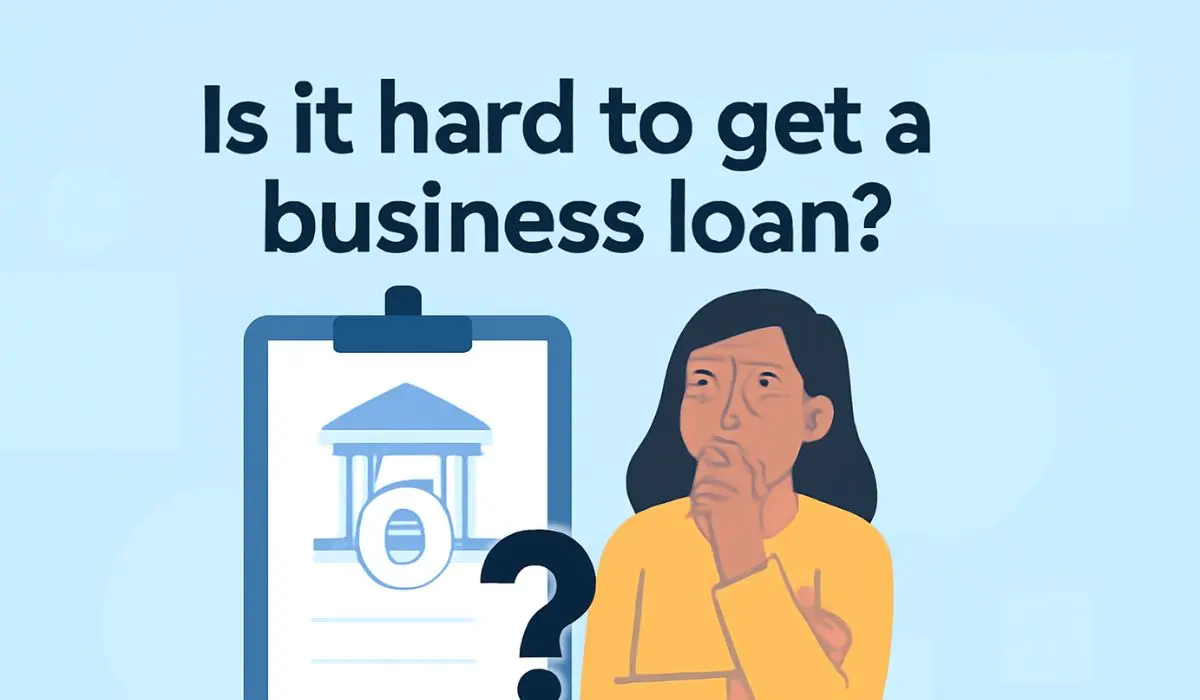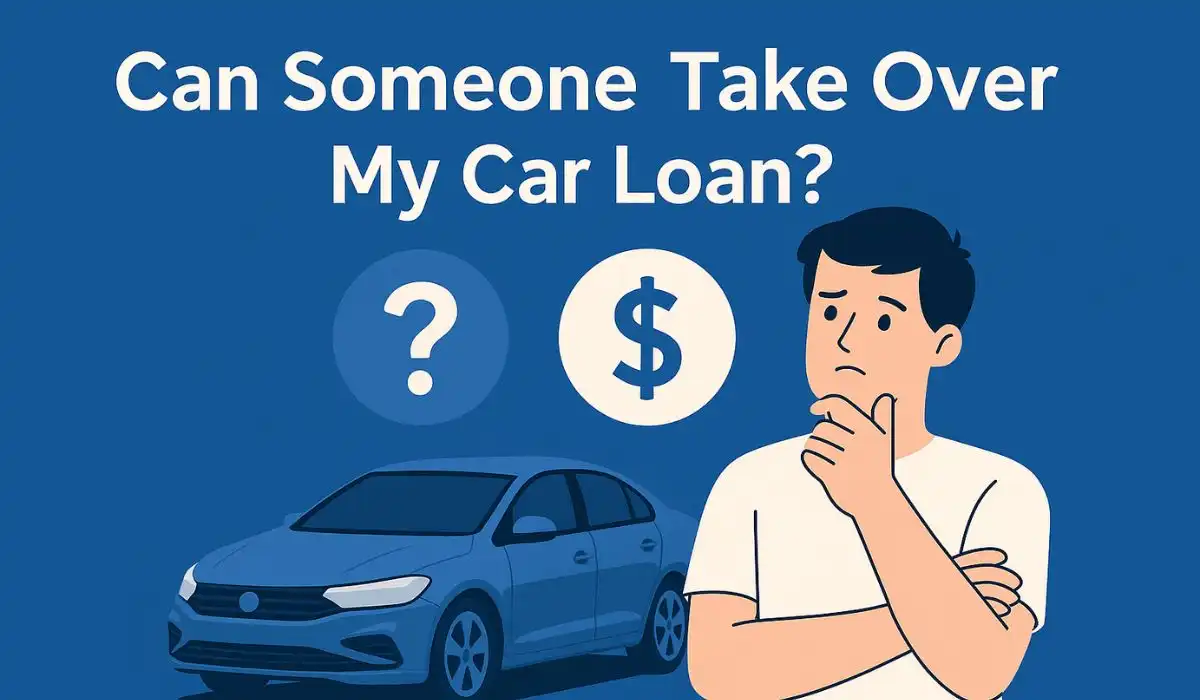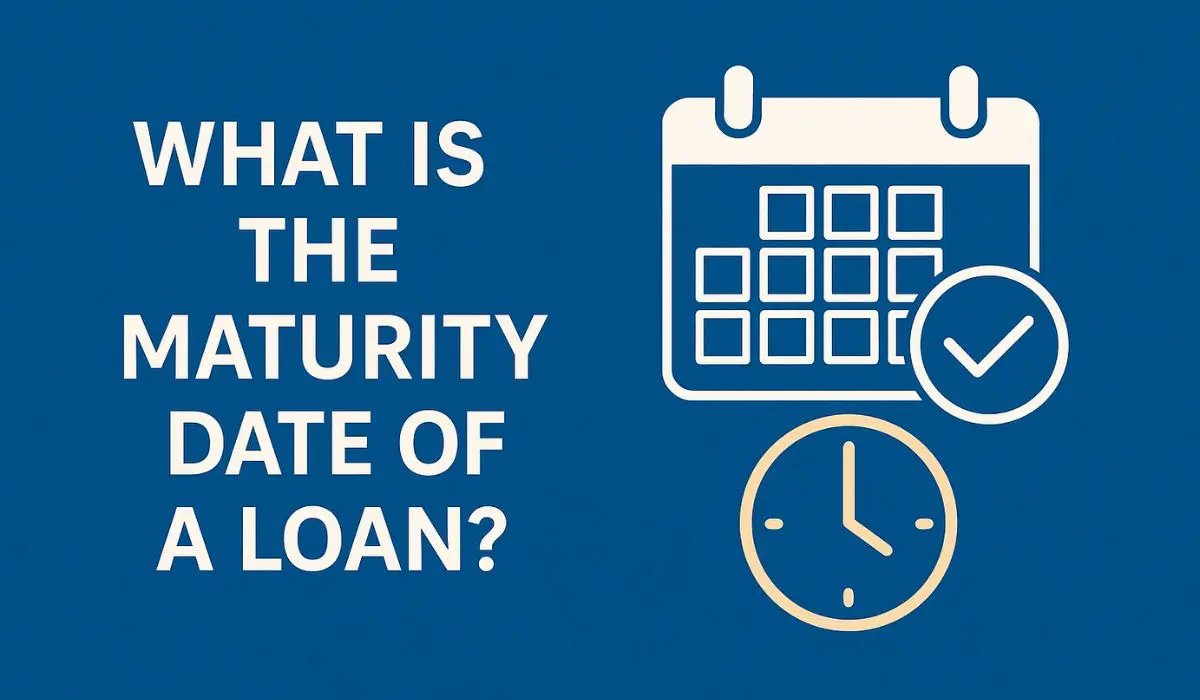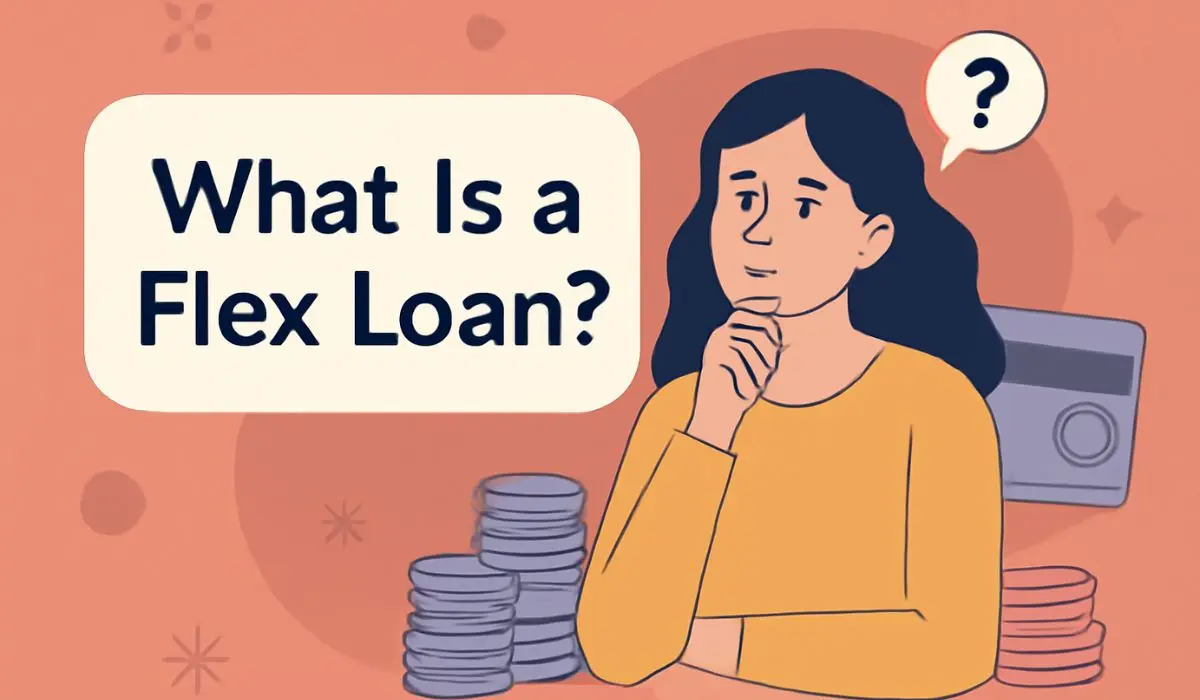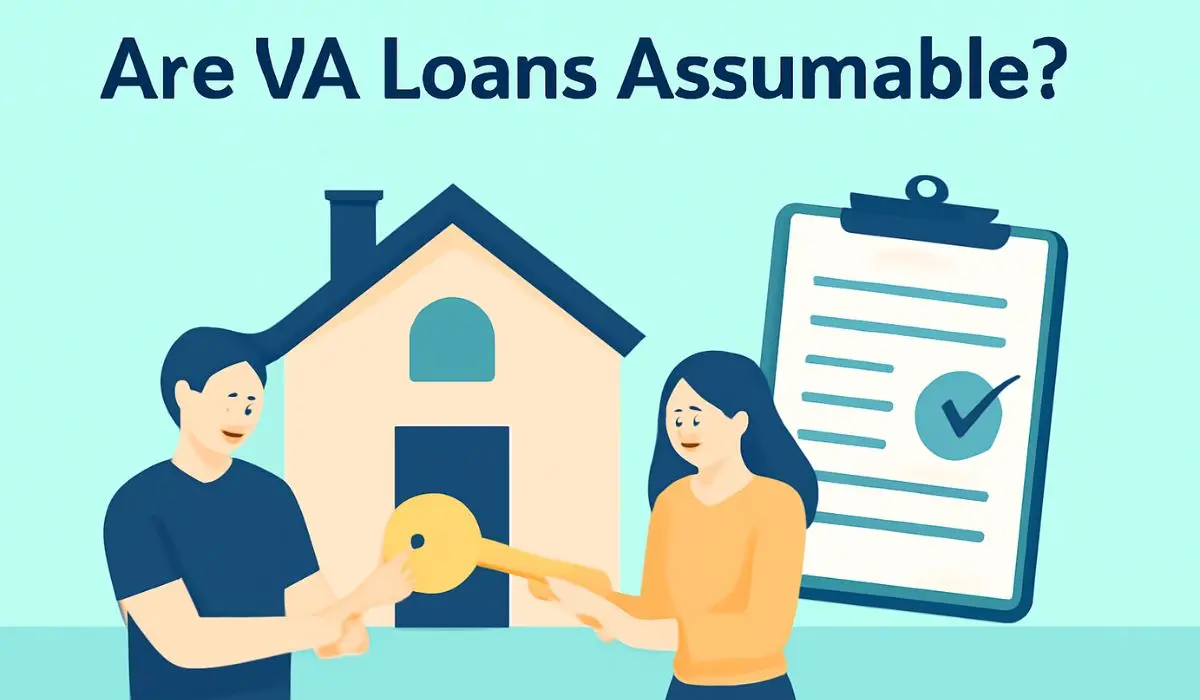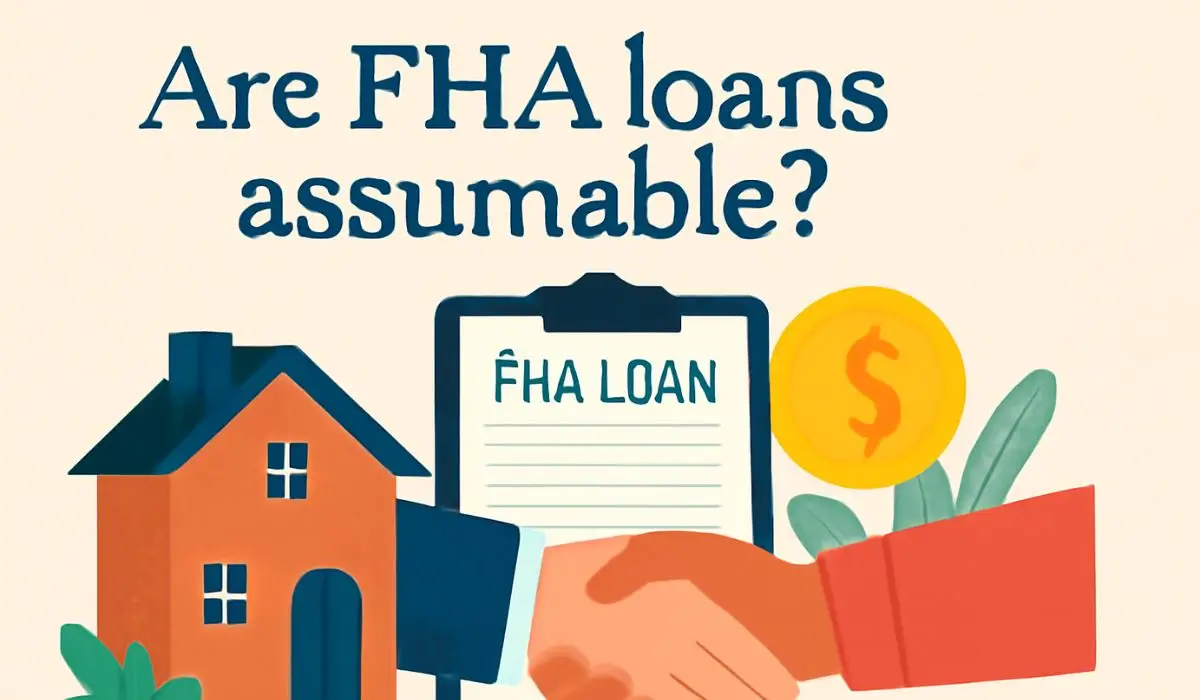Getting a loan without a job can feel like a daunting task, but it’s not impossible. While most lenders prefer that borrowers have a steady income, they often focus more on your ability to repay the loan. If you can prove you have some form of reliable income, you could still get the loan you need.
Can You Get A Loan Without a Job?
Yes, you can get a loan without a job, but it’s all about proving that you have a steady source of income. Lenders care more about whether you can afford to make the loan payments than whether you have a traditional job. If you rely on other sources of income, like unemployment benefits, disability payments, or spousal income, these can be used to support your loan application.
However, without a job, getting approved might be a bit more challenging. You may need to explore some creative options, such as offering collateral (assets like a car or home), having a cosigner, or securing a secured loan.
Requirements for Getting a Loan Without a Job
When you apply for a loan without employment, lenders will consider various factors to determine whether you can repay the loan. These include:
- Income Verification:
Lenders need to see proof that you have enough income to repay the loan. Some types of income they may accept include:- Unemployment benefits
- Social Security or disability payments
- Alimony or child support
- Rental income
- Freelance or contract work
- Spouse’s income
- Credit Score:
Your credit score is an important factor in the loan approval process. While some lenders may offer loans to individuals with bad credit, they might charge higher interest rates or origination fees. Good credit, on the other hand, can help you get approved for better rates and terms. - Debt-to-Income (DTI) Ratio:
Lenders use your DTI ratio to measure how much of your monthly income goes toward paying off existing debt. If your DTI is high, it means you might be spending a significant portion of your income on debt already. Ideally, your DTI should be under 50%. If it’s too high, lenders may be hesitant to approve your loan. - Collateral:
Some loans require collateral. If you offer an asset (like your home or car) as collateral, you could be more likely to secure the loan, even if you don’t have a job. However, offering collateral is risky—if you default on the loan, the lender can take your asset. - Cosigner:
A cosigner with good credit can also help improve your chances of securing a loan. A cosigner is a person who agrees to take on the loan responsibility if you are unable to repay it. This can give lenders more confidence in your ability to repay the loan.
Types of Loans You Can Get Without a Job
When applying for a loan without a job, your options may differ based on your income, credit score, and whether or not you can offer collateral. Here are a few types of loans to consider:
- Secured Loans:
Secured loans require you to pledge an asset (like a house or car) as collateral. If you fail to repay the loan, the lender can seize the asset to cover the debt. Secured loans tend to be easier to get without a job because the lender has collateral to fall back on. - Cosigned Loans:
If you have a cosigner (someone with good credit), it increases the chances of loan approval. Your cosigner’s income and credit score are considered when reviewing the loan application, which can help you secure better terms. - Unsecured Loans:
Unsecured loans do not require collateral, but they can be more difficult to obtain without a steady income. These loans typically come with higher interest rates for those with lower credit scores, as lenders consider them a higher risk. - Emergency Loans:
Emergency loans can be a quick solution in a crisis. These loans usually come with higher interest rates and fees but can be helpful in an urgent situation. Depending on your income, you may be able to secure an emergency loan with no job, but having a cosigner or collateral will improve your chances.
Steps to Getting a Loan with No Job
If you’re ready to apply for a loan without a job, follow these steps to improve your chances of approval:
- Research Eligibility Requirements:
Each lender has different criteria for approving loans. Before applying, it’s essential to understand what documents you’ll need and whether your income qualifies. - Get Prequalified:
Many online lenders allow you to get prequalified without impacting your credit score. Prequalification is a good way to check if you meet the lender’s requirements. It also helps you compare loan offers before committing to one. - Compare Loan Offers:
Once you’re prequalified, compare loan offers based on interest rates, loan terms, and fees. Look for the best deal that meets your needs and fits your budget. - Gather Documentation:
Be prepared to submit the following documents to the lender:- Proof of identity
- Proof of address
- Proof of income (this could be your benefits, alimony, or rental income)
- Bank account details
- Submit Your Application:
After reviewing your options and gathering your documents, submit your application. Make sure to provide accurate information to avoid delays in the approval process. - Sign the Loan Agreement:
If approved, carefully review the loan agreement before signing. Make sure you understand the interest rates, repayment schedule, and any fees involved.
Alternatives to Getting a Loan Without a Job
While taking out a loan is one option, there are alternatives you might want to explore first:
- Emergency Credit Cards:
If you only need a small amount of money, consider applying for an emergency credit card. Some credit card issuers may approve you based on other sources of income, even if you don’t have a job. - Assistance Programs:
If you’re struggling to meet basic needs like food or housing, look into assistance programs. Local nonprofits, community programs, or government agencies may offer support for things like rent, utilities, or medical expenses. - Borrowing from Family or Friends:
If you have a trusted family member or friend who can help, borrowing from them can be an affordable alternative. Be sure to discuss the terms and get the agreement in writing to avoid misunderstandings.
Conclusion
Getting a loan without a job can be challenging, but it’s not impossible. By proving you have a reliable source of income, considering options like secured loans or cosigned loans, and carefully reviewing your loan terms, you can improve your chances of approval.
However, be cautious of high-interest payday loans, as they can lead to a debt cycle that worsens your financial situation. Consider loan alternatives like credit cards, assistance programs, or borrowing from family and friends if you want to avoid the high costs associated with loans.
Yes, it is possible to get a loan without a job if you can prove a reliable source of income, such as unemployment benefits, disability, or spousal income.
Yes, you can get a $3,000 loan with no credit, but you may need a cosigner, collateral, or a steady alternative income. Expect higher interest rates.
A hardship loan is a financial product designed to help individuals facing financial distress, typically offered by lenders with flexible terms during emergencies.
To borrow $2,000 with bad credit, consider options like secured loans, payday loans, or borrowing from family or friends. You may also need a cosigner.
You can get $3,000 through personal loans, payday loans, credit cards, or assistance programs. If you don’t have good credit, a secured loan or cosigner may help.
If you’re struggling, look into personal loans, emergency credit cards, government assistance programs, local charities, or borrow from family or friends.

